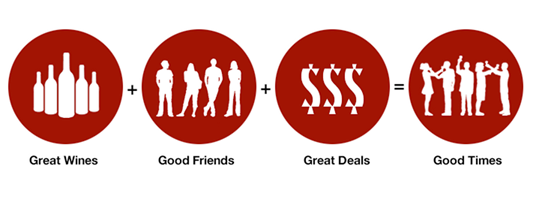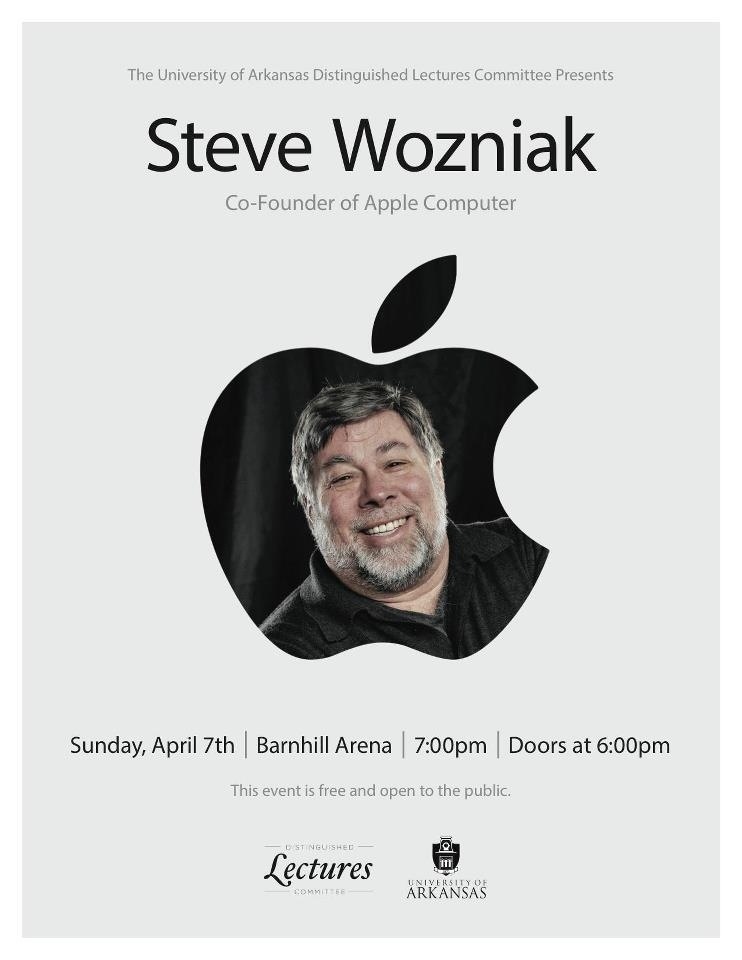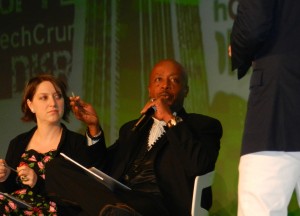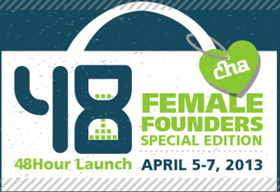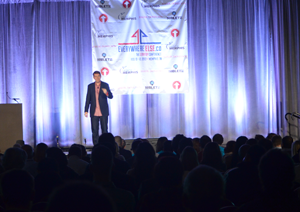 There are thousands of “do it yourself” (DIY) solutions to designing your own web page. There are blogging platforms, free overnight do it yourself web tools, and many more. When it comes down to it though, most of them are about saving time and sacrificing design.
There are thousands of “do it yourself” (DIY) solutions to designing your own web page. There are blogging platforms, free overnight do it yourself web tools, and many more. When it comes down to it though, most of them are about saving time and sacrificing design.
Well a Detroit startup called Webfolio is looking to change that by helping users create a “stunning personal website in minutes”.
The startup, founded by Charles Pooley and Aaron Smyth, comes with everything people need to create their own beautiful website in a very short amount of time. Simple editing, magazine quality blogging, file and media hosting, promotional tools, traffic analytics and personal domain and email services make Workfolio a one stop shop for whatever your personal web needs are.
We got a chance to interview the team behind Workfolio. Check out the interview below.
Workfolio is a web application that allows anyone to create a beautiful, distinctive website to highlight their personal brand.
In layman’s terms, how does it work (In other words how would you explain it to your grandmother)?
We make it easy for anyone to create a website, removing many of the technical and content-writing hurdles that complicate the process for the average person. We help users register their own domains, choose a beautiful website theme, and create high-quality content so they can feel great about their website and get back to business.
Who are the founders and what are their backgrounds?
Charles Pooley is the CEO and visionary force behind Workfolio. He comes to Workfolio having previously run a successful marketing and design agency, and having served as a technology executive at a publicly-traded company.
Aaron Smyth is Workfolio’s technology lead. He previously worked as a developer for CafeMom and FoxNews.com, and was the second employee at a successful New York startup company. In addition to his product development experience, Aaron is an instructor in front-end web development at General Assembly in New York.
Where are you based?
Workfolio operates from Detroit and New York City.
What’s the startup scene/culture like where you’re based?
Detroit and New York have very different startup cultures. Because Detroit’s tech scene is still small, the atmosphere is very collaborative, and there is a greater opportunity for individual companies to be recognized within the community.
We chose to open an office in New York in order to take advantage of the tremendous network of technology entrepreneurs, investors, and media that exists here.
How did you come up with the idea for Workfolio?
About a year ago I was invited to do a number of speaking engagements, and I decided I needed my own website to help build my personal brand. I tried to use several of the popular website builders but found them to be complicated and frustrating. I realized that if I was having such a problem, being a designer and a fairly technical person, then this process must be close to impossible for less tech-savvy people. We ran a survey and found that 80% of respondents wanted their own website, but only 7% of them actually had one. And when asked why, the two most popular reasons were exactly what I encountered — people thought it was too difficult to set up their own website, and they had no idea what content to add to the website once they set it up. I took these results to my partners, and Workfolio was created shortly thereafter.
How did you come up with the name?
We struggled for a long time to come up with a fitting name for our product. We eventually landed on Workfolio because it concisely conveys the essential function of the product (and we also think it’s catchy).
What problem does Workfolio solve?
If you’ve ever tried to set up your own website, you probably remember feeling frustrated trying to get your website hosting, domain, and code to work together. If you somehow managed to get those to cooperate, you then had to create or buy a design theme, and let’s face it — most of us are not good designers. Then you’re left with another big question: what content goes on my website? Most people get stuck just after purchasing their domain — the learning curve is just so steep. We eliminate the technology and design hurdles for you, allowing you to focus on the important part — creating content to let the world know what you’re all about.
What’s your secret sauce?
We believe design and user experience are the keys to the success of every application. If we can find a way to get users to share their content and feel good about the sites they create, they will be loyal customers for life.
Are you bootstrapped or funded?
Workfolio is funded by angel investors.
What are some milestones you’ve achieved?
We’re still in the early stages of the business, so most of our milestones have been related to product development. We have hit every product development milestone we have set so far.
What’s your next milestone?
Since our soft launch, our milestones have shifted from product development to customer acquisition.
Who are some of your mentors and business role models?
Randy Whitaker, the Executive Vice President of Operations for Victoria’s Secret, Dr. David DiChiera, the founder of the Detroit Opera, and Dave Hill, former President of General Motors Trading, stand out as the three people who have been most influential in helping me develop as an executive. I also admire a number of thought leaders in business, Tom Peters for example, and designers such as Jonathan Ive at Apple.
What’s next for Workfolio?
We have several new product enhancements in the works to provide more customization options for subscribers.
Where can people find out more?
The best place to learn about us is on our website: workfolio.com. Follow us on Twitter, as well: @WorkfolioHQ
We’ve got more great startups from Detroit here.
Do you have your startup village booth for everywhereelse.co yet?






